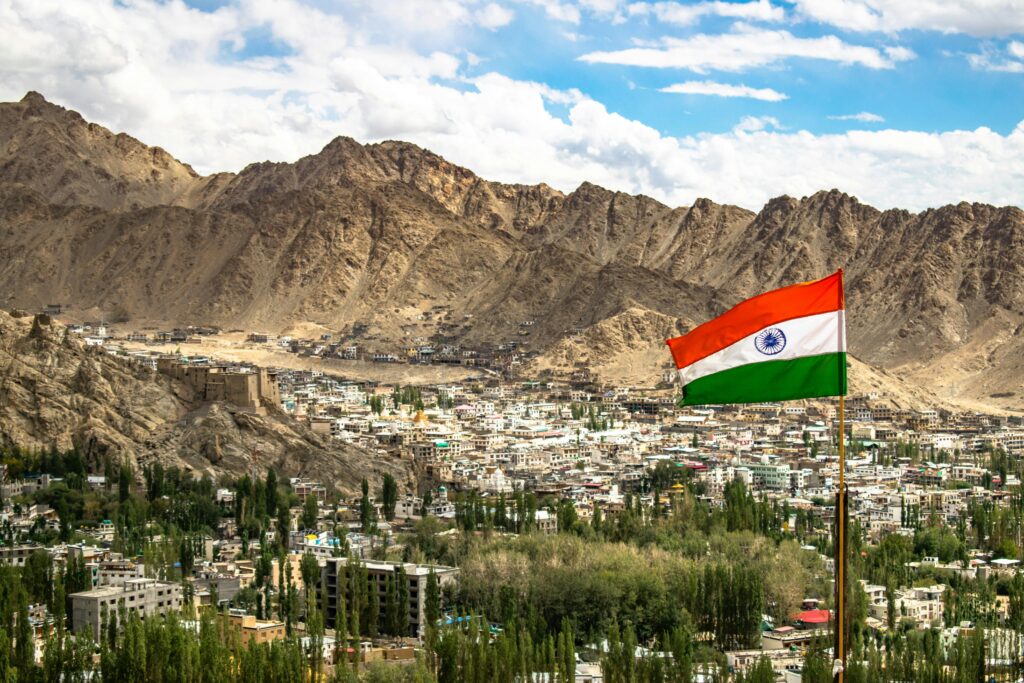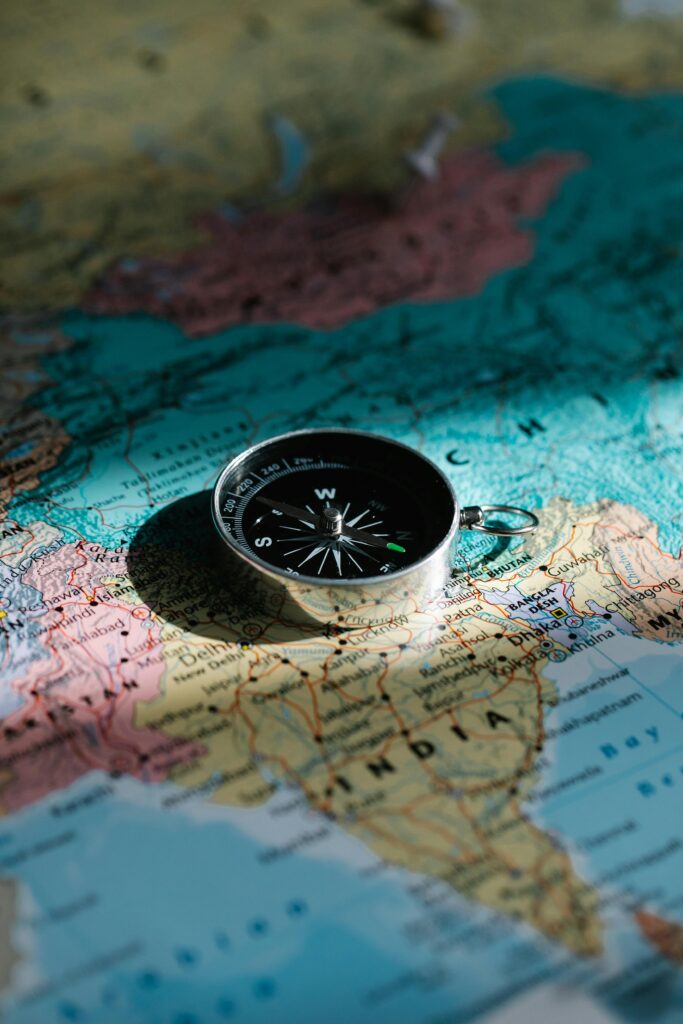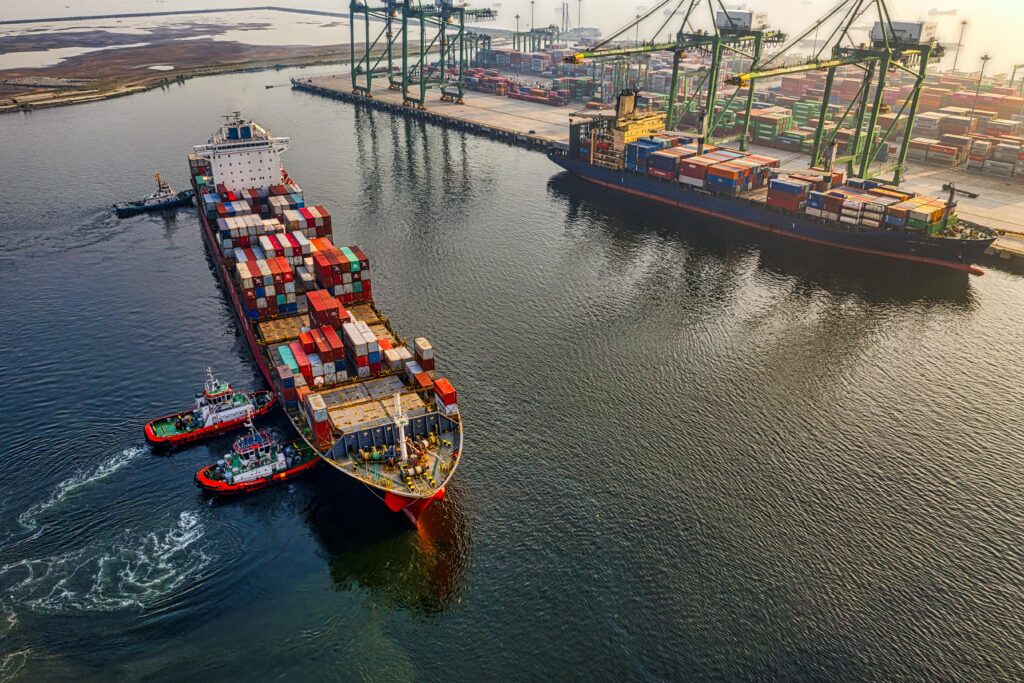Could Electoral Reform Solve India’s Delimitation Dilemma?
Author: Pravar Petkar, Head of Strengthening Democracy Desk Being the world’s largest democracy is not without its challenges. India currently faces the problem of how to apportion seats in the Lok Sabha, its Lower House, between states with populations that have expanded at very different rates. With re-apportionment not having taken place since 1971, some states currently have around 3m voters per constituency seat, whilst others have fewer than 2m. Government proposals to re-calculate seat share have faced pushback from the leaders of India’s more prosperous and less populous southern states, who argue that re-apportionment will adversely affect their ability to argue for their state’s interests at the national level. Although solutions such as expanding the Lok Sabha and Rajya Sabha reform have already been touted, policymakers and constitutional designers must also consider whether India must bite the bullet of electoral reform to strengthen its national democracy. A long-standing problem The problem India faces is vast and long-standing. Under Art 81(2)(a) of the Constitution of India, the Lok Sabha is capped at 550 members, where each state is allotted a number of seats such that “the ratio between that number and the population of the State is, so far as practicable, the same for all States”. The population figures used are those from the most recent census. Re-apportionment took place following the 1951, 1961 and 1971 censuses. However, the 42nd amendment to the Constitution, imposed during the Emergency (when civil liberties were suspended throughout the country for 2 years), froze Lok Sabha seat share at the proportions calculated in the early 1970s, until at least the 2001 census. This freeze was extended to 2026 by the 84th amendment to the Constitution in 2001, since census proceedings had already begun and “keeping in view the progress of family planning programmes” across the country. By the time the re-apportionment exercise recently announced by the Government takes place, the Lok Sabha seat allocations will be 55 years out of date. A problem for large democracies? India’s apportionment problem is an inevitable one for large democracies. Amongst the world’s ten most populous countries, only Bangladesh and China are not organised federally. Countries such as India, the USA and Brazil all face a similar dilemma because of their federal structures: on one hand, population growth at the national level requires legislative seats in the lower house to be re-allocated every so often to maintain the principle of ‘one person, one vote’; on the other, federalism demands equality between the constituent states of a federal system. This leads to a fundamental tension: if a population is asymmetrically distributed, or population growth is asymmetric across different states, representation in the lower house becomes increasingly skewed towards larger states. Maintaining the equality of states requires counterbalancing, which often takes place through a federal second chamber such as the US Senate or the Rajya Sabha, where members represent states and not individual constituencies. The US Senate, for example, has strict federal representation, with two seats allocated to each state irrespective of their size or population. Seat share in the House of Representatives, by contrast, is recalculated every 10 years based on the national census. All states receive at least one district seat irrespective of their population, with the total number of seats capped at 435 since 1929. Owing to the changes in population over time, states such as Florida have almost double the number of House seats today as they did in the 1970s, whilst states such as Illinois, Michigan, New York and Ohio have all seen considerable reductions. The changes that have occurred have been largely incremental. By contrast, because re-apportionment has not taken place in India for half a century, Uttar Pradesh – India’s most populous state – would jump from 80 Lok Sabha seats today, to 149 in a Lok Sabha expanded from 543 seats to the 880 available in India’s new Parliament building. Though India’s problem is not unique, the inevitable ‘step-change’ that awaits because of long-standing inaction brings significant challenges. Viewing these challenges in global context both reveals how irresponsible the inaction of Indian politicians on this issue has been over several decades, and indicates deeper structural weaknesses in Indian democracy. The electoral system creates political incentives against re-apportionment As in the UK, each Lok Sabha seat represents one geographical constituency that elects a single member on the First-Past-the-Post (FPTP) basis: voters simply cast one vote for the candidate of their choice, and the candidate with the most votes wins even if they do not have an absolute majority. As a result, India is no stranger to the disproportionality seen in the wake of the 2024 UK General Election, and at the 2025 local elections. In the 2024 Lok Sabha elections, the Dravida Munnetra Kazhagam (DMK) – the Tamil nationalist party led by MK Stalin, one of the most vocal critics of re-apportionment – won 22 out of 39 Lok Sabha seats (a 56.4% share) for Tamil Nadu on just 26.9% of the popular vote. The AIADMK, which broke away from the DMK, won 20.5% of the popular vote without winning a single seat. In Uttar Pradesh, the Samajwadi Party won 37 of the 80 Lok Sabha seats on 33.6% of the vote, whilst the BJP won 41.4% of the vote, but only 33 out of 80 seats. Similar patterns are visible in Kerala, Telangana and Andhra Pradesh, with different parties benefiting in each case. Parties with disproportionately large seat shares under the current FPTP system thus have a built-in political incentive to challenge the Government’s delimitation proposals, but one which entrenches a disproportionate democratic model. Why proportional representation might make a difference Despite the complications that FPTP creates, electoral reform might also provide a way out of the re-apportionment quandary. A more proportional electoral system, such as the Single Transferable Vote (STV) model where voters select their preference candidates for multi-member constituencies, would take some of the sting out of the current debate. Gone would be the incentive for parties such as
Could Electoral Reform Solve India’s Delimitation Dilemma? Read More »










